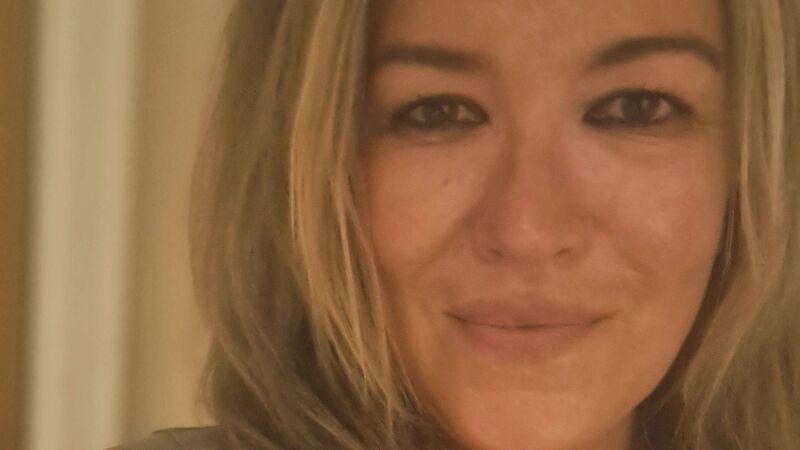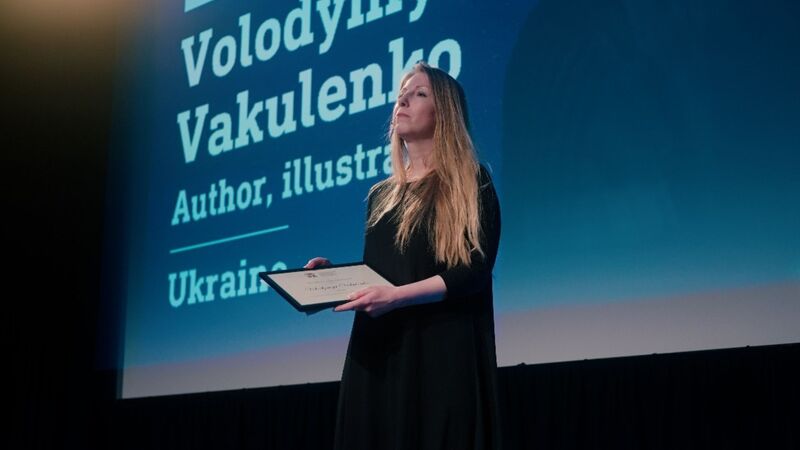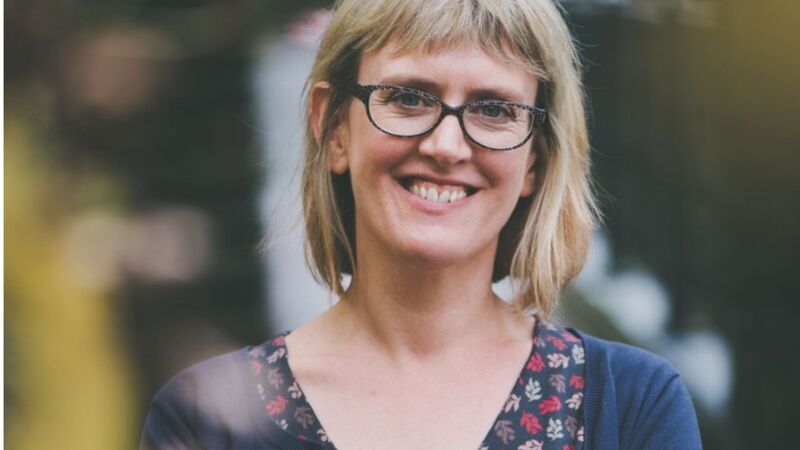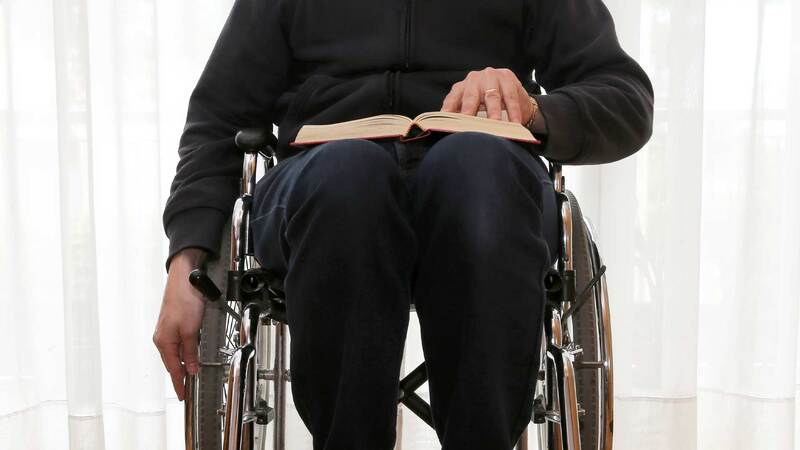You are viewing your 1 free article this month. Login to read more articles.
Royal Literary Fund sees applications for writer hardship grants soar 400%
The Royal Literary Fund (RLF) saw applications for its hardship grants for professional writers rise 400% in the first financial quarter of 2024, The Bookseller can exclusively reveal.
The RLF awards grants to authors experiencing “reduced income” or “a change in circumstances”. To be eligible, authors must have traditionally published at least two books.
The charity, which delivers £5m in grants, education and outreach programmes annually, says it has seen “a nearly five-fold increase” in applications for financial support.
Edward Kemp, c.e.o of the RLF, told The Bookseller: “During the first financial quarter of 2024 the Royal Literary Fund experienced a nearly five-fold increase (400%) in [applications] compared to the previous period in 2023.”
Last month, the Society of Authors’ c.e.o Anna Ganley also said it had seen “an increased reliance on hardship grants”, as well as authors needing loans and food banks. Her comments followed a survey by The Bookseller that revealed more than half (52%) of the 262 authors surveyed reported issues or delays with receiving advances or royalties.
The RLF said it had also “observed a significant increase in enquiries from dramatists and screenwriters, with the downsizing of writers’ rooms, the cancellation of several long-running TV series and a reduction in new work in theatres, further straining an already precarious profession.”
Kemp added: “Many professional writers seeking our hardship grants face severe financial challenges, not only from the rising cost of living, or the delays in payments the Society of Authors has identified, but from the growing integration of AI into creative industries.
“This has disrupted supplementary income streams such as translation and copywriting, which are often crucial for sustaining writers’ livelihoods, and upon which many established professional writers rely.”
One author, who has a novel coming out with a big five publisher next year but preferred to remain anonymous, applied for RLF funding but found she was ineligible for help. She told The Bookseller: “I applied for a hardship grant from the RLF as I’ve had breast cancer this year and few would believe how little financial help you get if you’re self-employed, freelance and sick.
“Sadly, no matter how much other stuff you’ve published or done to help others (I’ve worked in publishing for years), you’re only eligible if you’ve two full works to your name. It has cost me hugely being ill. I’ve had to rely on my ex and my parents and I’m 57.”
Dr Mickey Mayhew, an author and historian from London, whose books have been published by The History Press and Pitkin Books, received a grant from the Society of Authors. He said: “I’ve been forced now to live in just the one room of my house; it’s all I can afford to heat. Therefore, I heartily thank the Society of Authors for their grant of £300, which will get me through the Christmas period at least.”
Kinga Stabryla, founder of Brandspire marketing agency for non-fiction authors, told The Bookseller: “Today’s publishing landscape has changed dramatically. With tech advancements and the vast accessibility of information, the market for writing is more open than ever, thanks to platforms like Reedsy and Amazon. However, this has also led to increased competition, all while the market size has remained relatively the same.
“For many authors, standing out is a challenge, especially when most lack the modern marketing skills required to publicise their work effectively. Publishing houses have contributed to this by focusing heavily on traditional methods, leaving many authors to navigate a complex, digital-first environment on their own. Without the proper support, it’s increasingly difficult for authors to make their voices heard and make a living from writing alone.”
Ganley said: “Authors’ increased reliance on hardship grants such as the SoA Authors’ Contingency Fund, their use of loans or savings, and of food banks to survive—this precarity harms authors’ well-being and mental health.”




















